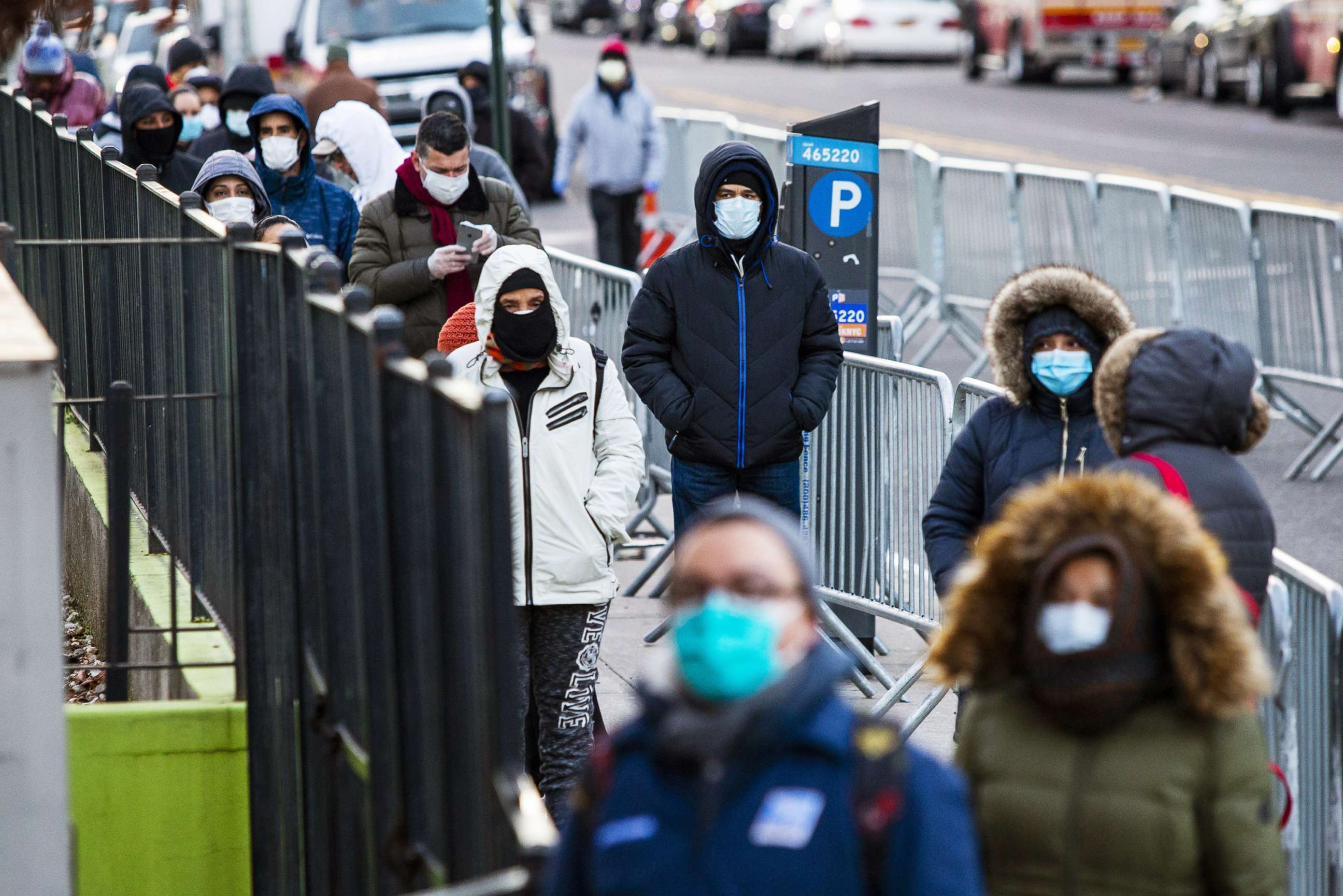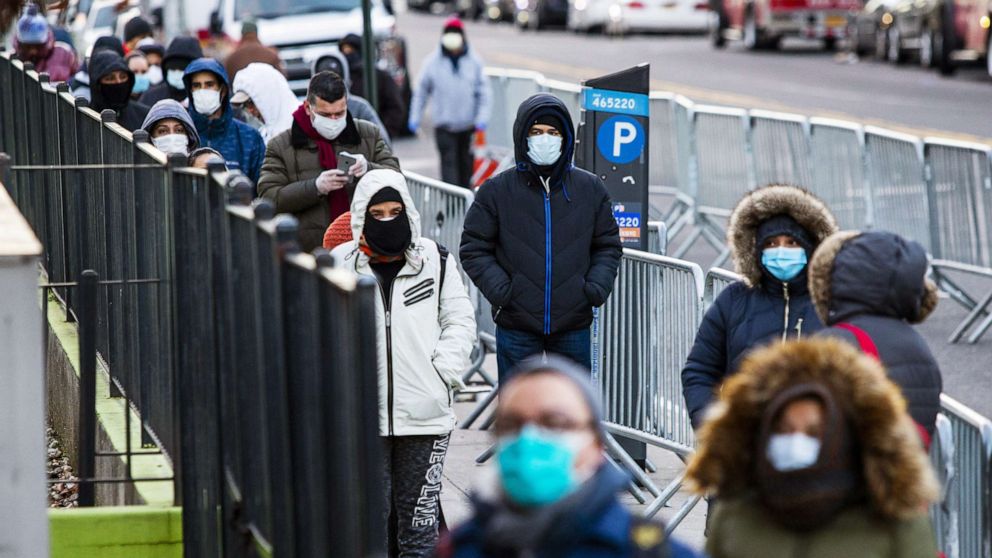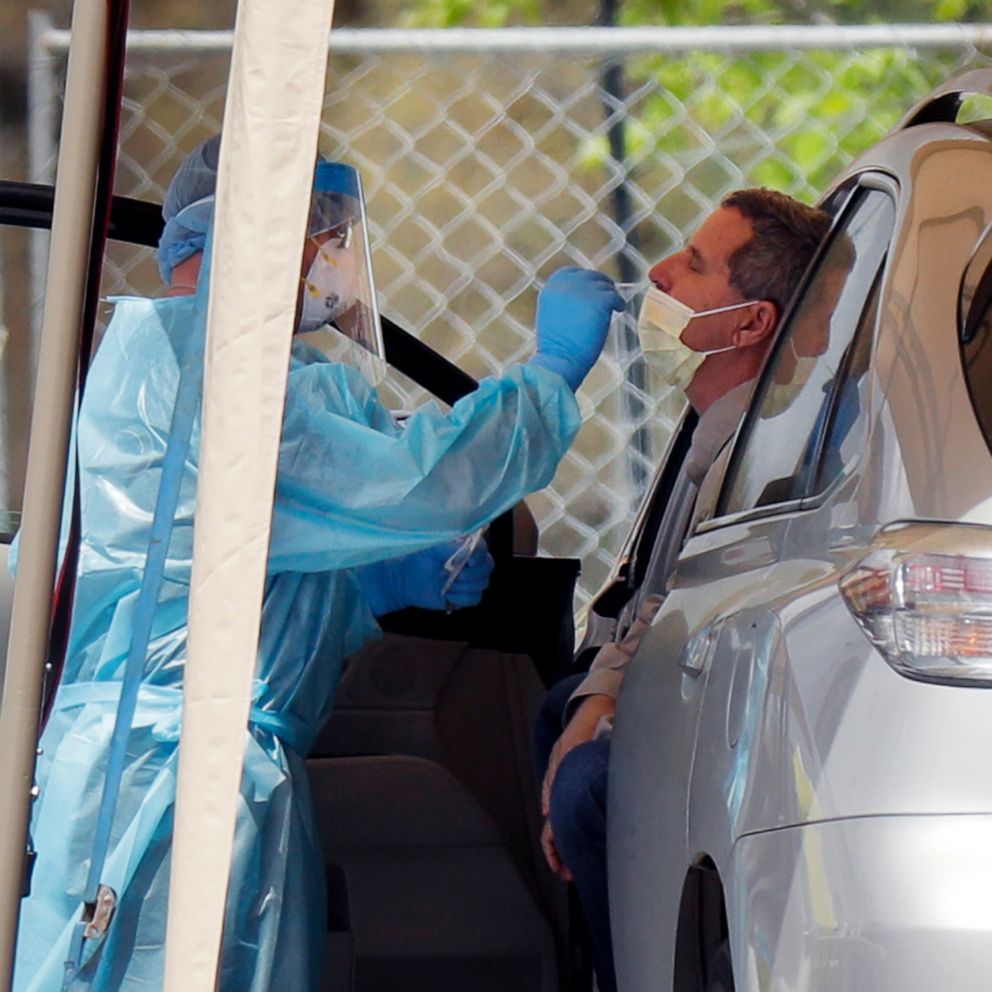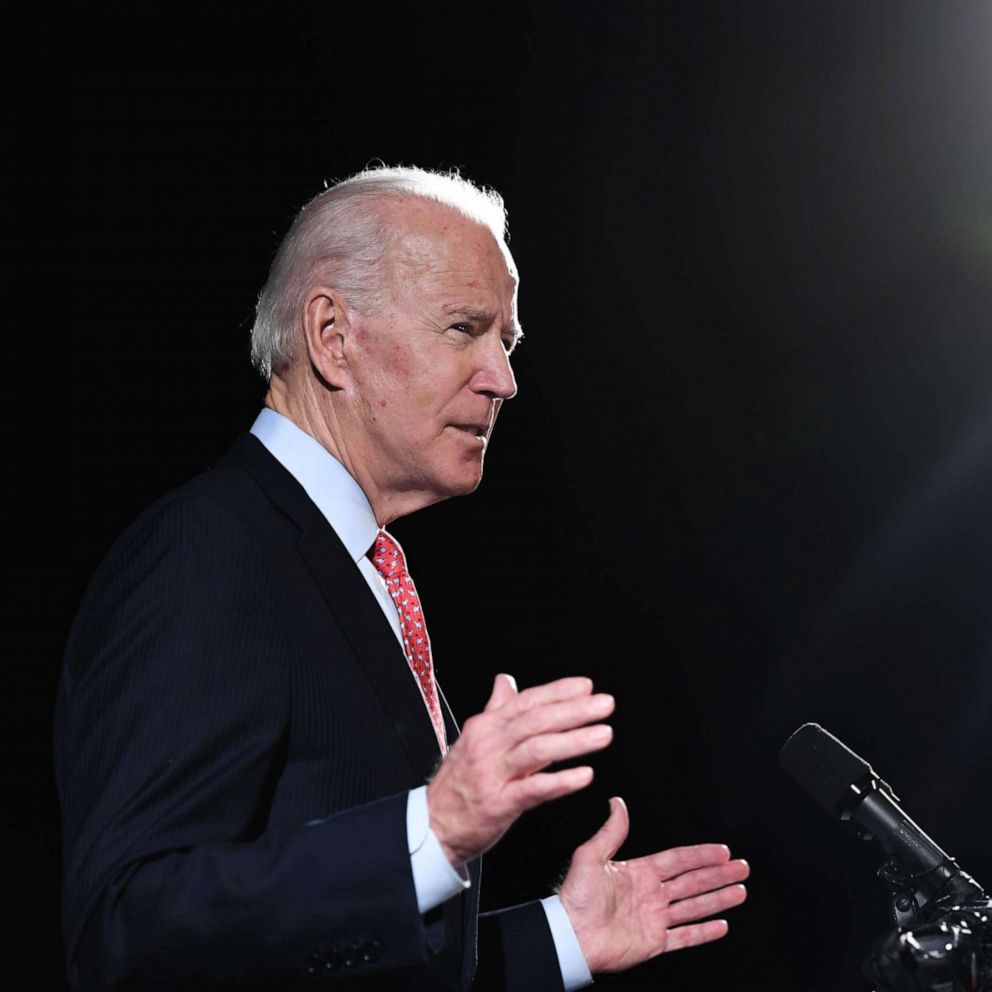Doctor who consulted on pandemic movie 'Contagion' describes parallels with new coronavirus
It was more than nine years ago when Dr. Mark Smolinski was asked to be a consultant on the script for "Contagion," a film that revolves around a deadly outbreak.
Since it was released in 2011, he's seen it dozens of times. Now he hopes to see a version of it play out in real life.
Smolinski, president of the Ending Pandemics organization and one of the experts who authored the National Academy of Medicine 2003 landmark report "Microbial Threats to Health: Emergence, Detection, and Response," noted that in certain aspects, the fictional film has become non-fiction.
In real life, the novel coronavirus has infected more than 407,000 people globally and been linked to at least 18,227 deaths, according to data from Johns Hopkins University.
But Smolinski wants more people to take cues from the dramatized response in the film.
"It should look like it did in Contagion," he said. "The streets are empty. People are sheltering at home."

He specifically noted videos of young people still enjoying a spring break in Florida, despite warnings from health experts to practice social distancing.
"It was disheartening to watch," Smolinski said. "And I thought, 'Wow. How did the messaging fail to get out there?'"
More than 1.5 billion people across the globe have now been ordered or urged to stay home amid the pandemic.
While Smolinski anticipates it will take people some time to get used to sheltering and avoid others, he noted that the lag in response is, in part, because countries didn't have specific measures in place for an event of his magnitude.
Nearly 70% of the world's countries are unprepared to respond to public health threats, according to Ending Pandemics.
"If we were this slow and we're a developed country, we're concerned. How many cases is it going to take for another country?" Smolinski said. "No country is prepared, including the United States."

Ending Pandemics provides resources to help countries find outbreaks faster in emerging disease hotspots and pushes to enact preparedness plans -- ones that could be used to battle a pandemic.
"You can't all swoop in when you're all dealing with the same kind of crisis," he added. "That's why preparedness is essential."
Even seemingly minor steps could help, such as clearly identifying what businesses are and are not essential.
Smolinski said he's confident pandemics could end with proper measures in place, but added that we may have to wait until the next one to find out.
"You can't solve these issues during the emergency," Smolinski said. "It's sad that it had to take a pandemic to change mindsets, but knock on wood this one isn't the big one, the horrible one that I'm worried about."
What to know about Coronavirus:
- How it started and how to protect yourself: Coronavirus explained
- What to do if you have symptoms: Coronavirus symptoms
- Tracking the spread in the US and Worldwide: Coronavirus map







